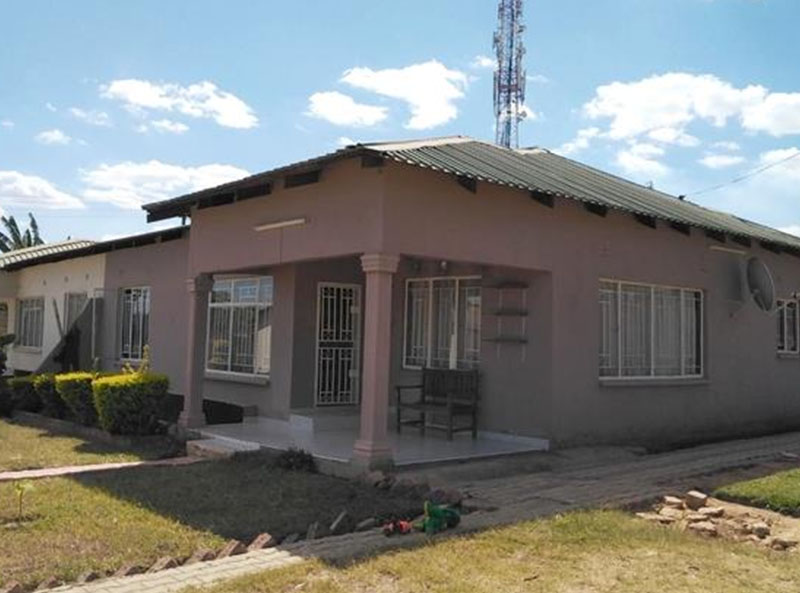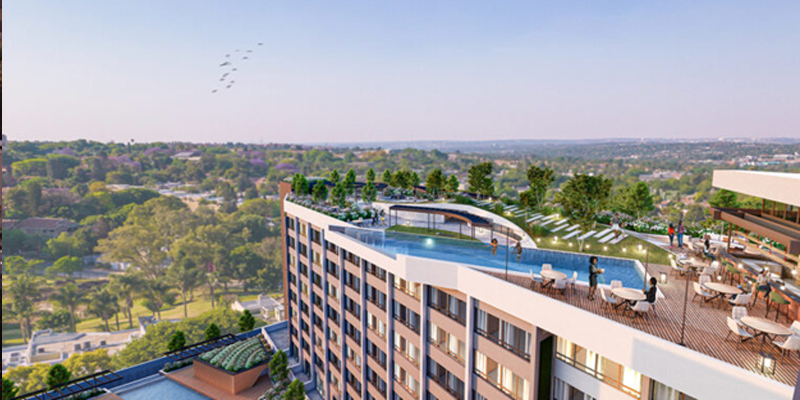Zambia’s urban landscape is dotted with extra-legal low-income settlements, where the interplay between possession, economic rights, and legal rights shapes the development trajectory. This article examines the effect of property rights on the development of these settlements, the underlying mechanisms and processes involved, and the relationship between formal and informal institutions in their growth. By focusing on two settlements in Kitwe, the second-largest city in Zambia, this article aims to shed light on the continuum from possession to legalized property rights and its impact on physical development.
The Continuum of Property Rights:
The debate surrounding possession, economic rights, and legal rights highlights the elusive nature of property rights. This article argues that while possession is the entry point in the continuum, it underpins other stages, as one cannot exercise economic or legal rights without possession or control. Economic rights go beyond possession but are distinct from legal rights. Physical development in extra-legal settlements can commence without legal rights, but the quality of development or the emergence of a property market is influenced by the amount of private rights captured at any given point.
Zambia’s History of Extra-Legal Settlements:
Zambia has a rich history of informal settlements and squatter upgrading initiatives. The Housing (Statutory and Improvement Areas) Act of 1974 was introduced to formalize the numerous “African” settlements that had sprouted around urban centers before independence, a legacy of the colonial government’s segregation policy. However, independence itself exacerbated the housing shortage, fueling the persistent growth of informal settlements. Despite efforts to address housing challenges through legislation and upgrading projects, the issue remains prevalent, underscoring the need for comprehensive strategies to provide adequate and affordable housing for all Zambians. The legacy of historical inequalities and urbanization trends continues to shape Zambia’s housing landscape, highlighting the importance of addressing housing issues as part of broader development initiatives.
The Role of Formal and Informal Institutions:
Successful development in extra-legal settlements requires facilitative interaction between formal institutions of the State and informal institutions and organizations. Where property rights are extra or semi-legal, the quality of physical development improves with strengthening property rights, despite their illegal genesis. Different strengths of property rights are associated with different mechanisms and processes in the development of these settlements.
Conclusion:
Zambia’s extra-legal low-income settlements highlight the complexities of property rights and their impact on urban development. The continuum from possession to legalized property rights shapes the physical, economic, and social landscape of these settlements. By understanding the interplay between formal and informal institutions and the role of possession, economic rights, and legal rights, policymakers and urban planners can develop more inclusive and sustainable strategies for addressing the housing needs of Zambia’s growing urban population.




